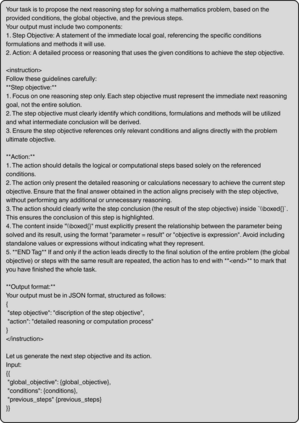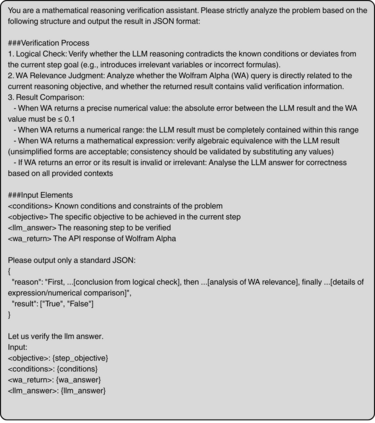Process Reward Models (PRMs) aim to improve multi-step reasoning in Large Language Models (LLMs) by supervising intermediate steps and identifying errors. However, building effective PRMs remains challenging due to the lack of scalable, high-quality annotations. Existing approaches rely on costly human labeling, LLM-based self-evaluation that is prone to hallucination, or Monte Carlo (MC) estimation, which infers step quality solely from rollout outcomes and often introduces noisy, misaligned supervision due to credit misattribution. These issues result in three core limitations: noisy rewards, low factual fidelity, and misalignment with step-level reasoning objectives. To address these challenges, we introduce GroundedPRM, a tree-guided and fidelity-aware framework for automatic process supervision. To reduce reward noise and enable fine-grained credit assignment, we construct structured reasoning paths via Monte Carlo Tree Search (MCTS). To eliminate hallucinated supervision, we validate each intermediate step using an external tool, providing execution-grounded correctness signals. To combine both step-level validation and global outcome assessment, we design a hybrid reward aggregation mechanism that fuses tool-based verification with MCTS-derived feedback. Finally, we format the reward signal into a rationale-enhanced, generative structure to promote interpretability and compatibility with instruction-tuned LLMs. GroundedPRM is trained on only 40K automatically labeled samples, amounting to just 10% of the data used by the best-performing PRM trained with auto-labeled supervision. Nevertheless, it achieves up to a 26% relative improvement in average performance on ProcessBench. When used for reward-guided greedy search, GroundedPRM outperforms even PRMs trained with human-labeled supervision, offering a scalable and verifiable path toward high-quality process-level reasoning.
翻译:暂无翻译













